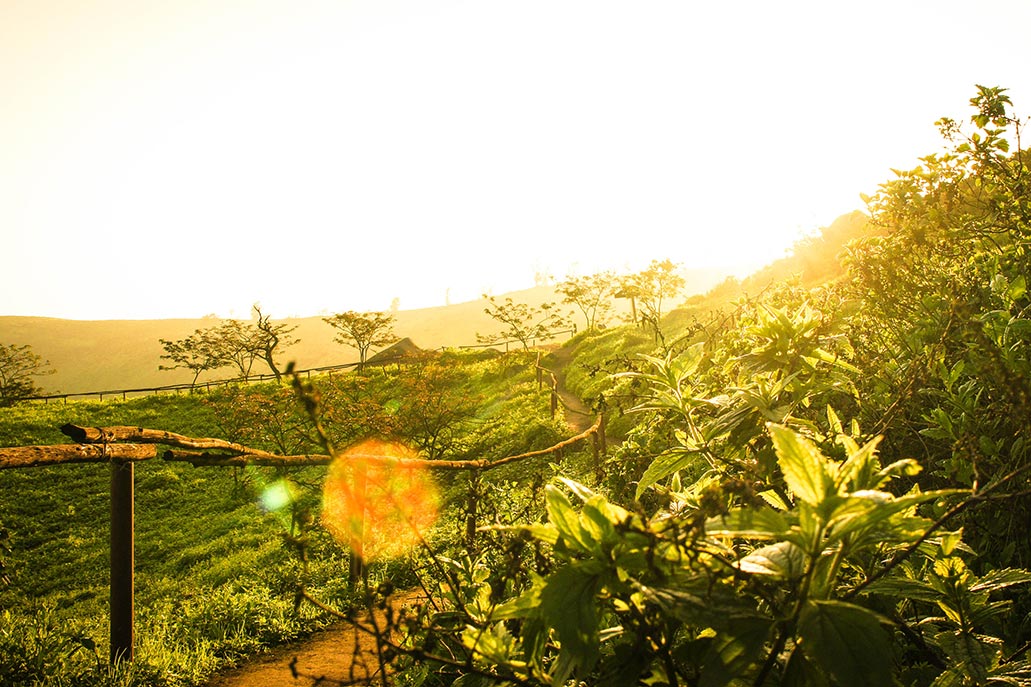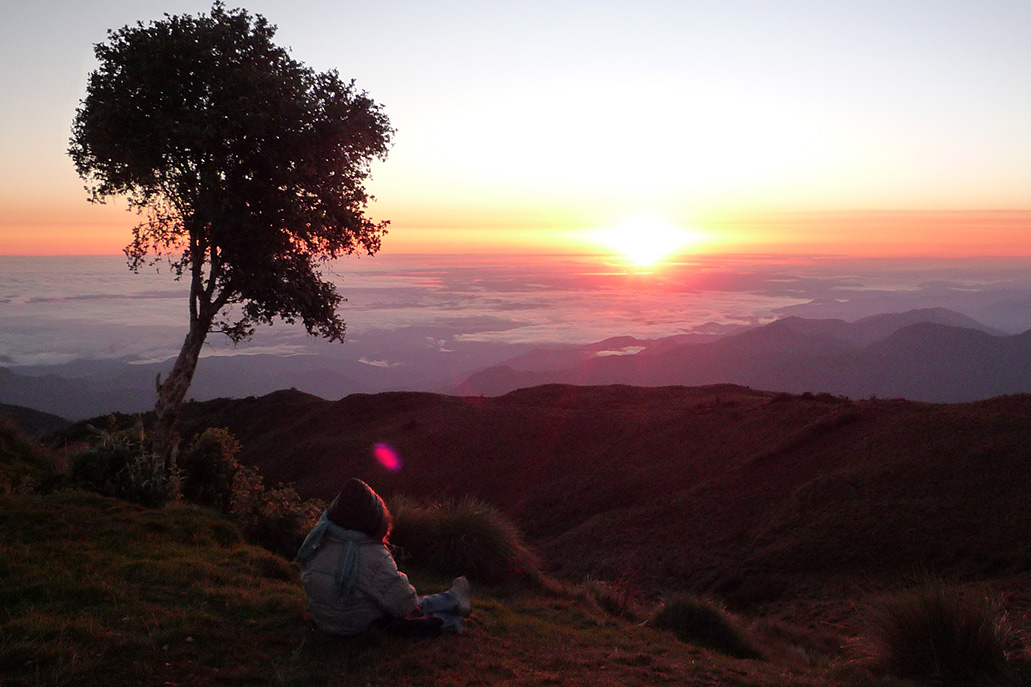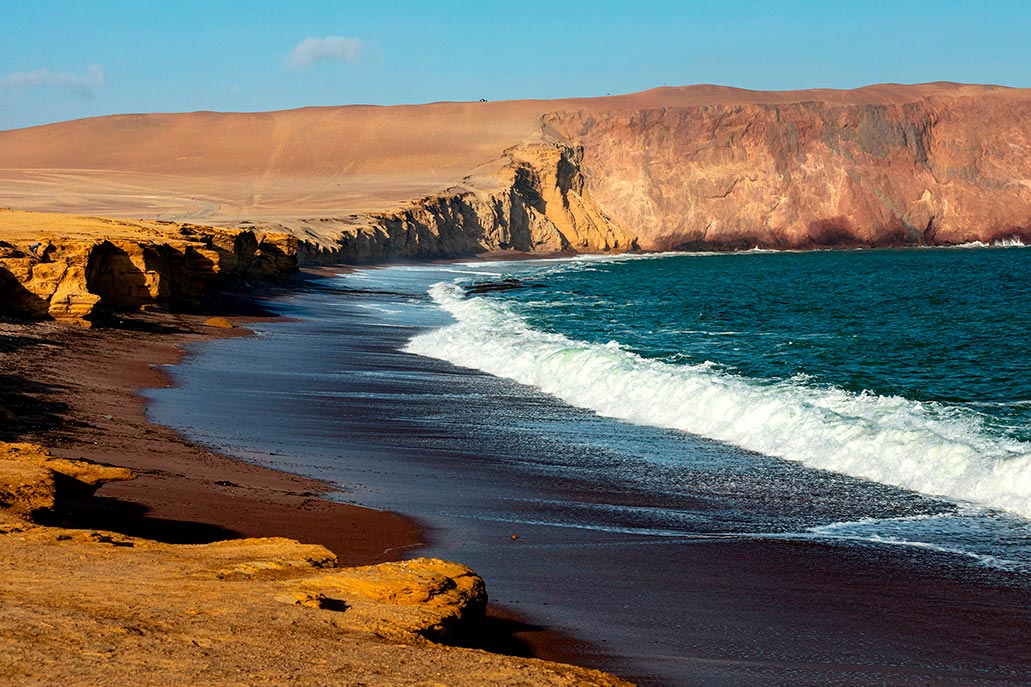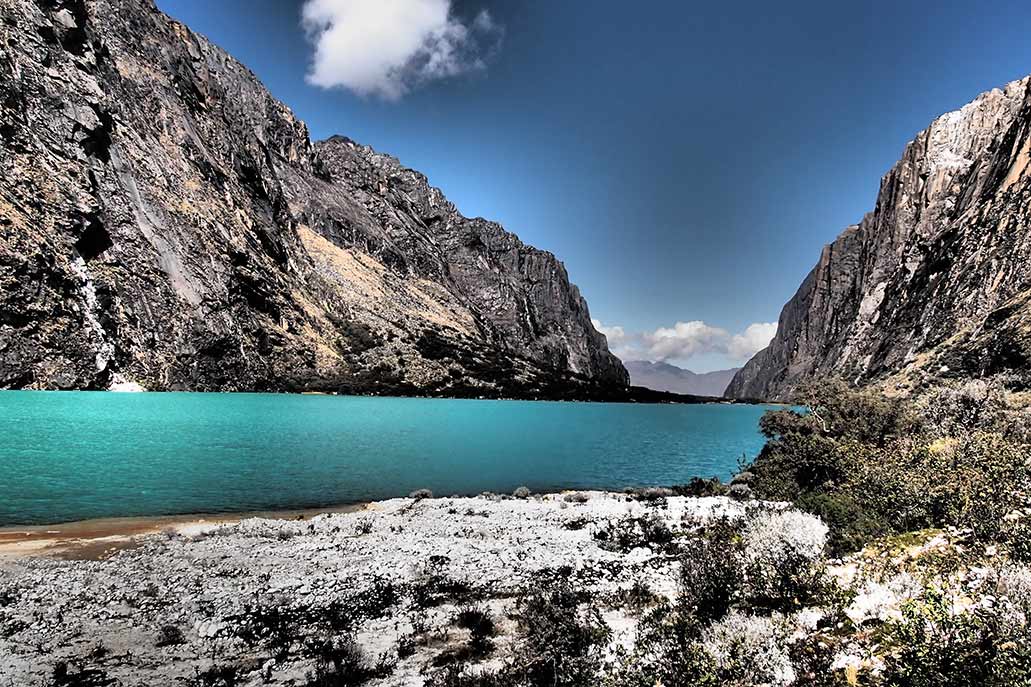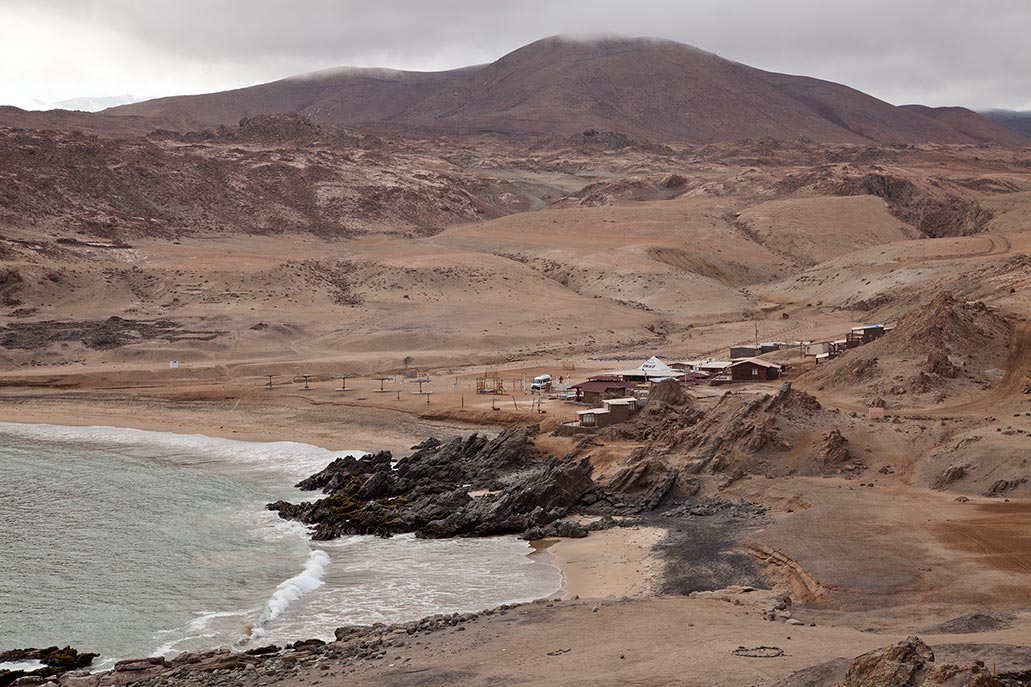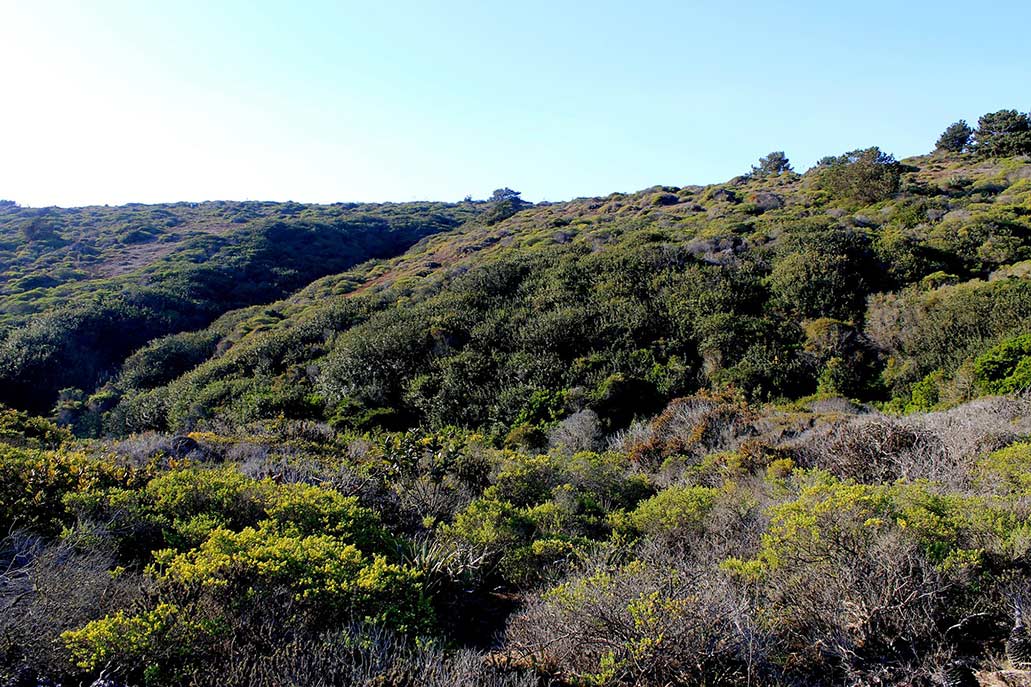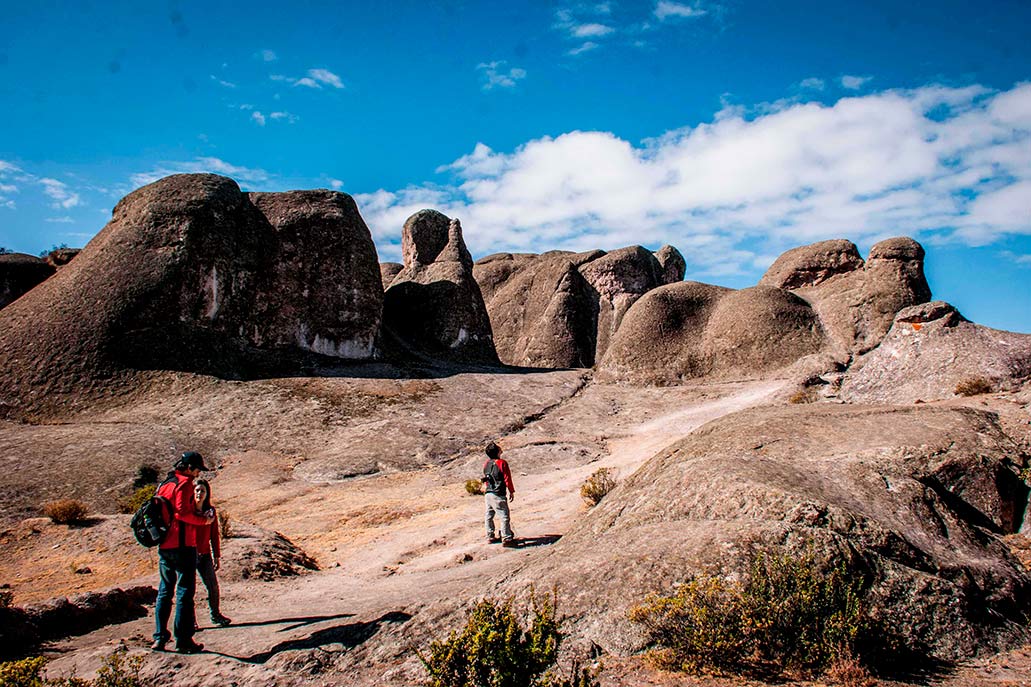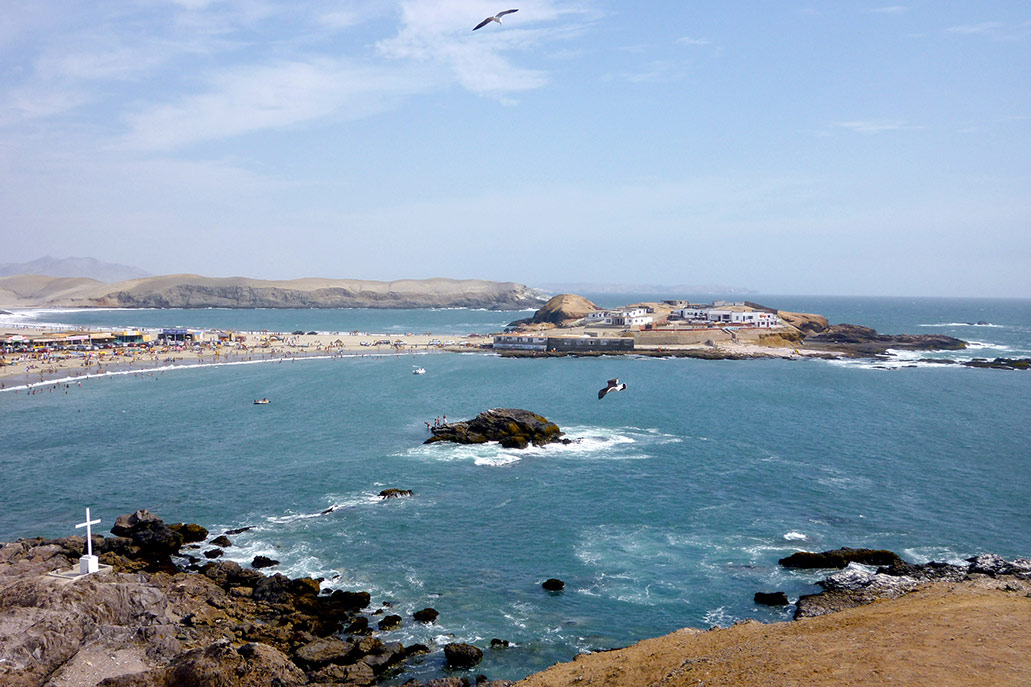The 8 best tourist attractions for camping in Peru
Peru is a megadiverse country with 10 percent of all the flora on the planet. Its natural landscapes are amazing. They include beaches, mountains, and tropical forests. The country covers 22.5 million protected natural hectares. In many of these areas and natural landscapes it is possible to camp and spend at least one night in contact with the great biodiversity of the country. Get to know the 8 best tourist attractions for camping in Peru.
Content
Can I camp in Machu Picchu? – Machu Picchu is undoubtedly the best tourist destination in Peru. Although it is not possible to camp in the Inca citadel, it is possible to do so in the town of Aguas Calientes, also known as Machupicchu town (located 10 kilometers from the archaeological site). There, for 15 Peruvian soles, tourists can spend the night in the ‘municipal campsite’. Does not include tents or sleeping bag. It does include green area spaces, cold showers and toilets.
Tres Cruces de Oro Viewpoint (Cusco)
The Tres Cruces de Oro viewpoint offers one of the most beautiful sunrises in the world. It is located in Paucartambo, almost 150 kilometers from the city of Cusco. From its viewpoint you can see the Peruvian jungle in the distance, the Manu National Park. The sunrise, starting at 5 am, is an event widely seen by Peruvians and foreigners.
To get to the Tres Cruces de Oro viewpoint, you must leave Cusco at night (approximately 8 pm). Then, in Paucartambo, another transport is taken to the viewpoint. You arrive there at approximately midnight. The cost is 10 soles and includes space for camping. It is recommended to bring a tent, sleeping bag and coat.
- Where is? In the Manu National Park -in Paucartambo, Cusco-.
- How much is admission? Entrance ticket 10 Peruvian soles (includes space for camping).
Paracas (Ica)
Paracas is one of the most beautiful tourist destinations in Peru. It is located in the Ica region, about 259 kilometers from the city of Lima. It is famous for its beaches, its marine biodiversity and its good tourist services. On beaches like Raspón, La Mina, Yumaque and Karwas; it is possible to camp in front of the sea.
The Paracas Nature Reserve is a protected area, so the cost for camping is 10 soles per tourist. Includes arena space only. It is recommended to bring tents, a sleeping bag and what you think is necessary. It is forbidden to dirty the beach. During the visit it is recommended to know the Ballestas Islands and the Huacachina oasis.
- Where is? In the Ica region (22 kilometers south of Pisco) -about 259 kilometers from the city of Lima-.
- How much is admission? Entrance ticket 10 Peruvian soles (includes space for camping).
Huascarán National Park (Ancash)
The Huascarán National Park is one of the most visited tourist destinations in Peru. There is the highest snow peak in the country, the Huascarán with 6,768 meters above sea level. During the visit you can see beautiful lagoons, mountains, valleys, towns and more. It is also possible to go hiking and camping under incredible natural landscapes.
The Huascarán National Park is located in the Ancash region, 326 kilometers from the city of Lima -and 45 kilometers from the city of Huaraz-. One of the best spaces for camping is lagoon 69. The entrance to the park is 15 soles. Includes space for camping. It is recommended to bring a tent, a sleeping bag and very warm clothes (temperatures of 0ºC. at night).
- Where is? In the Ancash region, 45 kilometers from the city of Huaraz (and 326 kilometers from Lima).
- How much is admission? Entrance ticket 15 Peruvian soles (includes space for camping).
Inca Port (Arequipa)
Arequipa offers some of the best beaches in Peru. Definitely one of the best destinations is Puerta Inka, located in the Arequipa province of Caravelí (at kilometer 615 of the South Pan-American Highway). In this spa it is possible to camp, visit archaeological remains, observe marine fauna and even stay in a comfortable and tourist hotel.
The striking thing about Puerto Inka is its geography with two hills surrounding the sea, which makes it a closed space. The sand is white and the waters clear (especially in January, February and March). To camp it is necessary to contract with the hotel located in front of the beach.
- Where is? In the Arequipa region, Caravelí province (at kilometer 615 of the Panamericana Sur highway).
- How much is admission? Lodging in tourist hotel Puerto Inka (between 40 to 70 dollars).
Lachay (Lima)
The hills of Lachay are located in the Lima region, in the district of Huacho (province of Huaura). The hills are known as ‘oasis of fog’ because it stands out for its vegetation and fauna. It covers an area of 5,070 hectares. There it is possible to camp. The weather is warm. The place allows circuits for the sighting of different biological species.
In the hills of Lachay you can do the fox circuit, the partridge circuit, the tara circuit and the viewpoint circuit. You can also appreciate the tara, the toothpick, the eucalyptus and the amancaes flower. The best time of the year to visit Lachay is between April and October. Admission is between 8 in the morning and 5 in the afternoon.
- Where is? In the Lima region, Huacho district (Huaura province) -at kilometer 105 of the North Pan-American highway.
- How much is admission? Entrance ticket 30 soles for foreigners, 15 soles for Peruvians and 5 soles for children under 16 (includes space for camping).
Hills of Lucumo (Lima)
The Lúcumo hills are an ecosystem of abundant vegetation and wildlife located south of Lima, in the district of Pachacamac (two hours by road from the city center). As well as the hills of Lachay, it allows to appreciate a geography with plants, animals, birds, rocky areas and paths.
In the hills of Lúcumo, species such as the owl, the fox, falcons, vizcachas, the eaglet, the tara, the toothpick and more stand out. The ideal visit occurs between April and October, when the hills are painted green due to the mist and abundant vegetation. The hours of entry are from 8 in the morning to 1 in the afternoon.
- Where is? In the Lima region, in the Pachacamac district (about 45 kilometers from the city center).
- How much is admission? Entrance ticket 10 soles for adults and 3 soles for children (includes space for camping) -the maximum time for camping is 3 days-.
Marcahuasi (Lima)
Marcahuasi is one of the most popular tourist destinations in Lima. It is located in the mountains, in the province of Huarochirí, approximately 4,000 meters above sea level. The place is famous for its stone forest and its high Andean geography, very close to the ‘capital of Peru’. There are many people from Lima who arrive there every day. Most seek camping.
To get to Marcahuasi, you must first reach the town of San Pedro de Casta (about 87 kilometers from Lima). There the entrance ticket is paid and an arduous walk of 2 hours or more begins. Upon arrival at the stone forest you can camp, make camps and take a tour of the different lithic forms product of erosion. Marcahuasi is very visited in July (especially on the long holiday of July 28).
- Where is? In the Lima region, Huarochirí province, San Pedro de Casta district (about 90 kilometers from the city of Lima).
- How much is admission? Entrance ticket 20 soles for foreign tourists, 10 soles for Peruvian tourists, 5 soles for university and school students (includes space for camping).
Tuquillo (Ancash)
Tuquillo is one of the best beaches in Peru. It is located on the central coast of the country, in the Ancash region, Huarmey province (about 315 kilometers from Lima). It is made up of the circuit of beaches of Maracaná, Antivito, Tuquillo. It stands out for its white sand and its turquoise waters. They are ideal for camping with friends.
To visit Tuquillo you must first travel to the city of Huarmey. From there buses leave for the beach in just 15 minutes. There you can visit its rocky hill, play sports, enjoy marine gastronomy and take a good dip. Due to its calm waters, it is known as the ‘Pacific Pool of Peru’.
- Where is? In the Ancash region, the city of Huarmey (about 315 kilometers from the city of Lima).
- How much is admission? Free.
By Machupicchu Terra – Last updated, July 13, 2023
